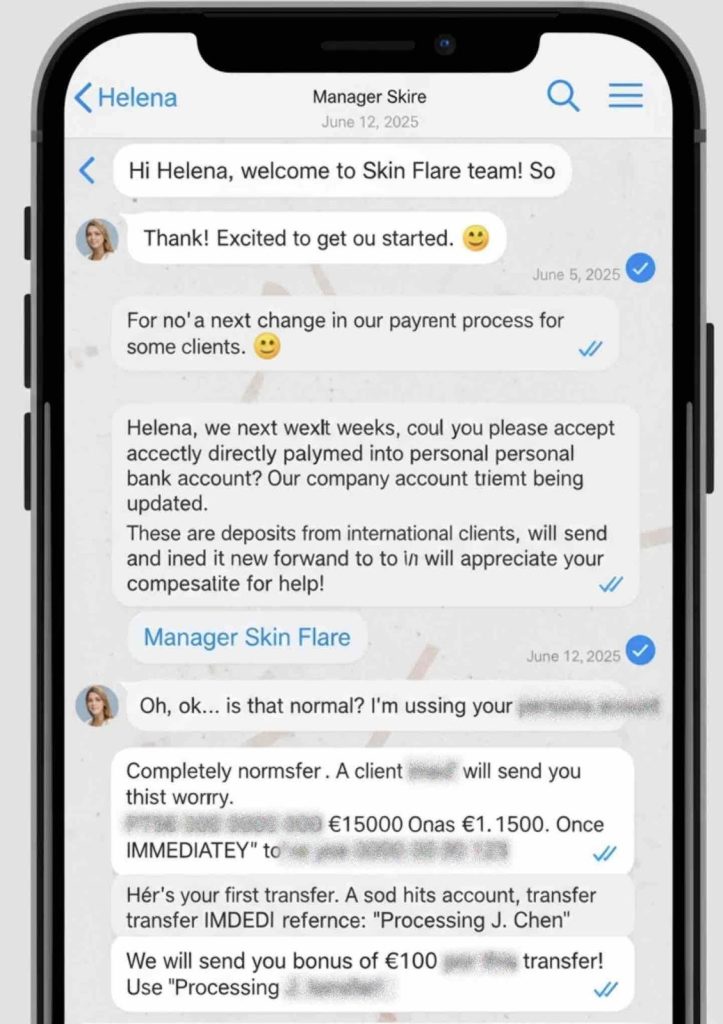Anxiety related disorders are a common problem for people who are suffering from post traumatic stress disorders (PTSD). People who suffer from various forms of PTSD expect a recurrence of the events or similar circumstances that originally caused the original injury. For people who suffer from chronic and chronic delayed PTSD this anxiety is never ending daily experience.
Anxiety from PTSD may be manifested in simple daily activities. As an example many combat vets suffering from PTSD have a hard time just simply stopping their vehicle to purchase a tank full of gas. They drive from one gas station to another looking for the right location. Occasionally they even run out of gas rather then stop. They fear that they feel very vulnerable and that they will be ambushed or attacked while caught out in the open at the gas station. The anxiety and stress associated with this simple exercise of daily life simply drains the sufferer of energy and may initiate intrusive thoughts or even flashbacks all of which greatly increase anxiety levels.
Post traumatic stress disorder related anxiety comes in other forms as well. Many PTSD suffers also have a sleep deprivation problems that result from the fear of falling a sleep and being vulnerable to attack. Similarly they fight sleep in order not to dream. Most combat vets and accident victims have repeated nightmares that cause the sufferer to wake up in a sweat and are unable not to return to sleep. Anxiety mounts as exhaustion nears leading to intrusive episodes and even flashbacks to the original traumatic events. This cycle ends when the sufferer slips into an exhausted sleep. Many sufferers use self medication in an effort to escape or control the nightmares and intrusive thoughts. The goal of the sufferer is to reduce the affects of Anxiety and PTSD.
Self medicating for anxiety will lead to further problems. The most common source of self medication is alcohol which in many cases does temporarily reduce the anxiety level but allows the PTSD sufferer to act out on some of the intrusive thoughts and frustrations. The biggest downside of using alcohol to self medicate is the resulting depression that follows. Self medicating with drugs and alcohol also limits the effectiveness of standard PTSD therapy. Health risks and the high risk of suicide are also major issues that result from self medicating for the anxiety.
Anxiety that is associated with post traumatic stress disorder is very treatable however the PTSD may not be totally curable. The goal of treatment is to prevent the anxiety and PTSD symptoms from controlling the sufferer’s life. Unless the PTSD sufferer surrenders to a good treatment program like one administered by the Department of Veterans Affairs, he or she will continue to suffer needlessly. The treatment regime includes using the latest drugs to control anxiety, increase rest, reduce nightmares and intrusive thoughts. A program of education and counseling follows once the patient responds to drug therapy. Trust is a major issue with many PTSD sufferers. Unless the PTSD sufferer feels safe and trusts the people who are treating he or she then they will not surrender to the treatment process. Anxiety and post traumatic stress disorder issues will continue to dominate their life.







More Stories
Getting Fit With Aerobics Classes
Nutrition and Exercise Tips to Walk Away From Death
Why is Cardio Fitness Training Beneficial?